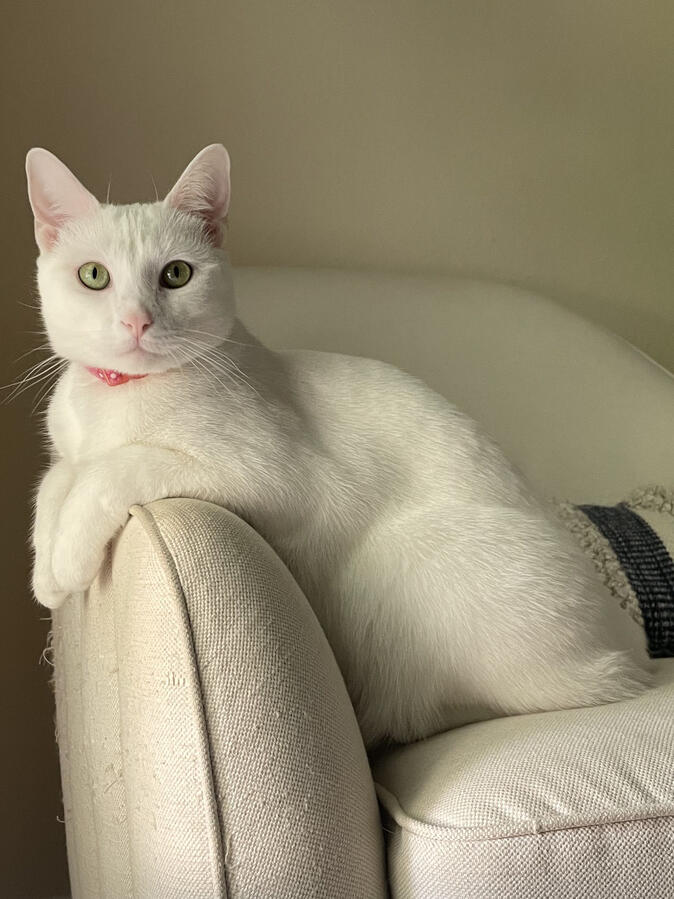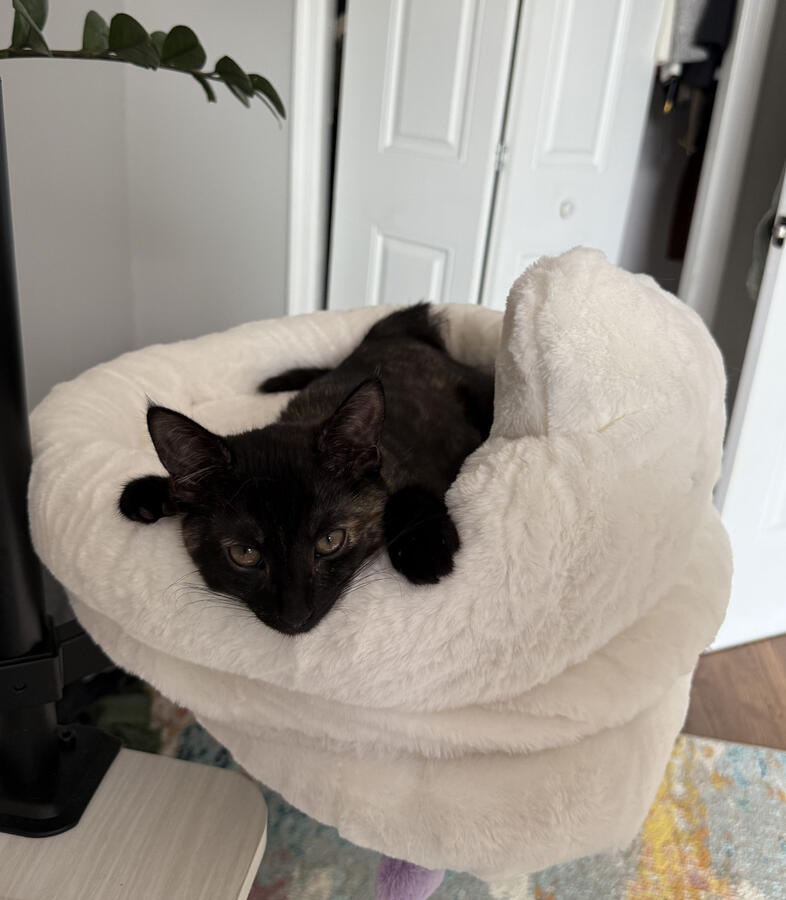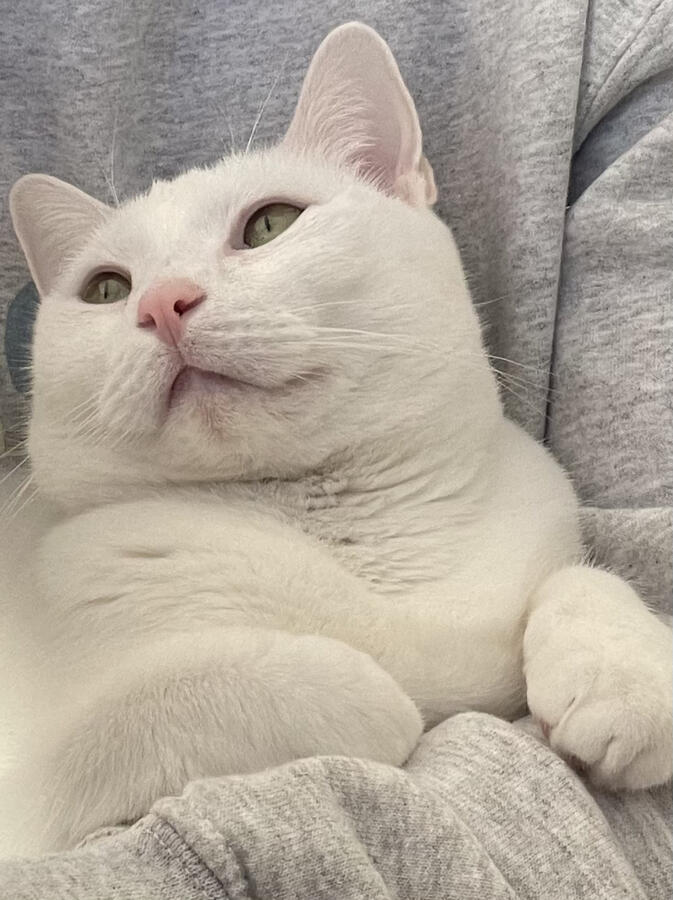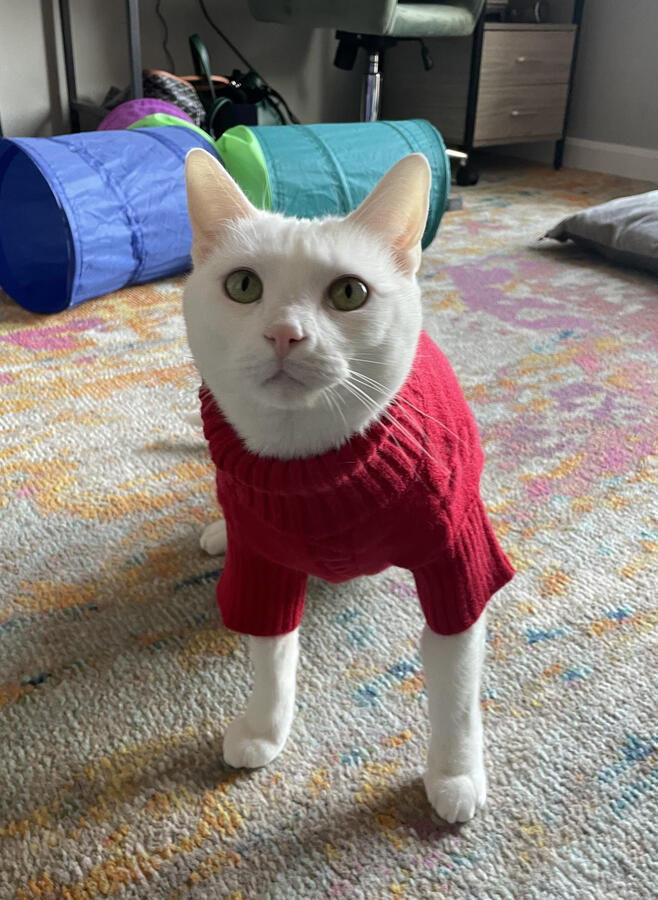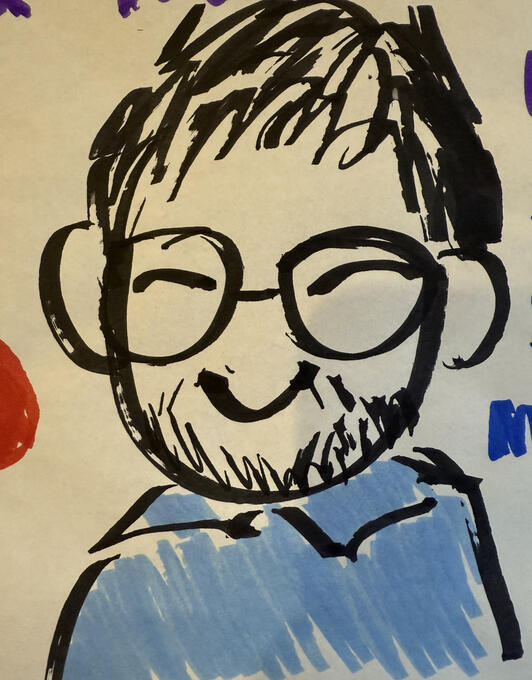
Robert A. Randez, Ph.D.
Hello. I am a teacher educator who focuses on how teacher candidates interpret and understand their future role through the development of their professional identity (teacher identity). My scholarship primarily employs qualitative narrative-based methodologies and social system analysis. I am currently a faculty member at Northern Arizona University in the Bilingual and Multicultural Education program.If you are interested in connecting, please email me at the address found on my CV.
Research
The driving force behind my pursuit of a Ph.D. was to get the knowledge and training to help multicultural students and their teachers. Having stepped away from the classroom, I hope to contribute to the success of current and future teachers. Currently, my scholarship falls within the following three categories:
Teacher Identity
How an individual understands and defines themselves in relation to others and the environment is a topic that fascinates me. As a former teacher and now teacher educator, I have found that identity impacts teacher education in many ways, but two points stand out:1) For preservice teachers, the age at which they are training for the profession is crucial because most are transitioning from high school and are still forming their understanding of the world as autonomous adults. This transition from student to teacher extends beyond professionalization and requires more explicit attention.2) Classrooms have increasingly become more diverse, but the teacher candidate pool hasn't. This means there is a stronger need for multicultural competence in schools to create communities of practice. However, for teachers to engage students from different backgrounds and foster relationships between students of different backgrounds, they must be able to engage with their own.
Qualitative Methodology
For over a decade, I was an aircraft mechanic on some of the most technologically advanced aircraft. This experience has shown me the importance of technical and tool proficiency. Now, my tools are the methodologies and methods that I use in my scholarship, but I maintain the same commitment. Qualitative methodology offers unique possibilities for the social sciences, but a lack of methodological skill has risks.Most of my work in qualitative methodology can be described as a pursuit of methodological clarity and self-reflection. I base my rationale on postmodern philosophy, specifically the notion that the researcher can never transcend their scholarship and must incorporate their identity, worldview, and biases into analysis.
Language Learning and (Dis)ability
When I was in my M.A., I read about the overclassification of English Learners into Special Education (in the U.S. during the 80s and 90s) and the resulting underclassification that followed. One question that came to mind was, "Well, what about ELs who need SpEd services?" This question was also influenced by one of my third graders, whose struggles in the classroom could not be explained as language-based. However, because he was an EL, I could not advocate for appropriate services because my administration kept dismissing my concerns, explaining that his English proficiency impacted his performance.My work on this topic explores policies and practices that affect language learners with diverse abilities. I hope to inform educators about the unique needs of these learners to increase paths towards multilingualism for (dis)abled individuals and communities.
Teaching
Philosophy
Since a majority of my students are current or future teachers, I develop my courses to provide three levels of interaction with content. The first is content introduction, where students learn the information and key concepts. Then, students apply their knowledge collaboratively through projects and activities. I try to construct assignments and activities so that students can see how they and their peers interpret the information. The third level requires students to explore course topics through the experiences of others. This exploration typically involves interacting with someone whose life has been impacted by the topic covered in class.The purpose of this approach is to provide students with multiple perspectives, thereby giving them a more comprehensive understanding of the content covered in class.
Courses Taught
Graduate Level:
-Second Language Acquisition
-Multilingual Literacy
-Linguistics in Education
-Second Language Assessment
-Research Methods
-Second Language Teaching Methods
Undergraduate Level:
-Introduction to Multicultural Education
-Sheltered English Immersion
-Second Language Teaching Methods
-Elementary/Early Childhood Field Experience
-Linguistics in Education
Publications and Presentations
Below are lists of my publications and presentations from the past two years. If you are interested in reading my work, please follow the link at the bottom of this section to my Academia.edu profile, which contains PDFs for most of my publications.
Publications
The policy of teacher standards: a systems mapping framework for the implementation process of teacher preparation. Published 2024 in TESOL QuarterlyA methodological synthesis of narrative inquiry research in applied linguistics: What’s the story? Published 2024 in the International Journal of Applied LinguisticsAcknowledging immanence in applied linguistics qualitative research. Published 2024 in Research Methods in Applied LinguisticsUsing the listening guide method for short story construction: Redefining researcher and participant through immanence. Published 2023 in Research Methods in Applied LinguisticsAdvancing equity in language assessment for learners with disabilities. Published 2023 in the Language Testing Journal
Presentations
“Who am I…here? A diffraction analysis framework to detangle intersectional identity through context.” Presented at AAAL 2025, Denver“A methodological synthesis of narrative inquiry research in applied linguistics: What’s the story?” Presented at AAAL 2025, Denver“Teaching Preparation Through State Standards: A Framework to Understand Policy Implementation.” Presented at AAAL 2024, Houston“Awareness, Application, & Advancement: A Framework to Advance Equity for Language Learners with Disabilities.” Presented at the 2024 Conference on Second-Language Learners with Disabilities, Boston“Using diffraction analysis to detangle intersectionality through context.” Presented at the 2023 Texas Language Education Research Conference, San Antonio“Applied Linguistic Research Involving Learners with Disabilities: A Scoping Review of Empirical Work.” Presented at AAAL 2023, Portland“Testing Accommodations for Language Learners with Autism.” Presented at the 2023 Conference on Second-Language Learners with Disabilities, Boston
The Multicultural Inquiry Community
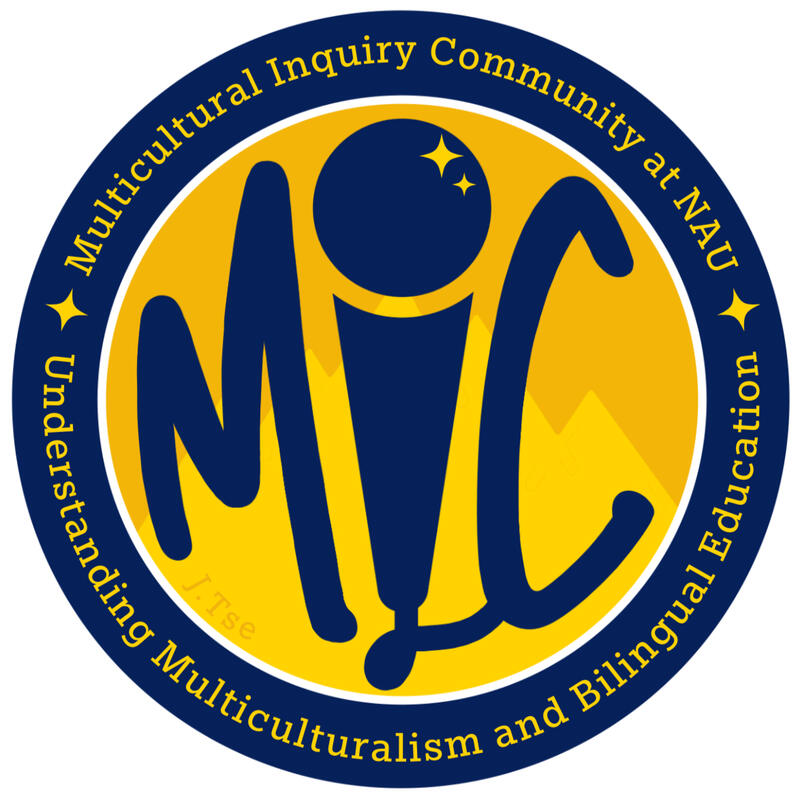
The MIC was established in Fall 2024 to promote undergraduate research focused on exploring the experiences of multicultural communities and individuals, as well as the impact of multiculturalism on education.If you are an NAU student with an idea that you'd like to explore. Please reach out, and we can discuss how to best support you.Information about our inaugural project is below.
The Role of Culture and Identity In Teacher Preparation
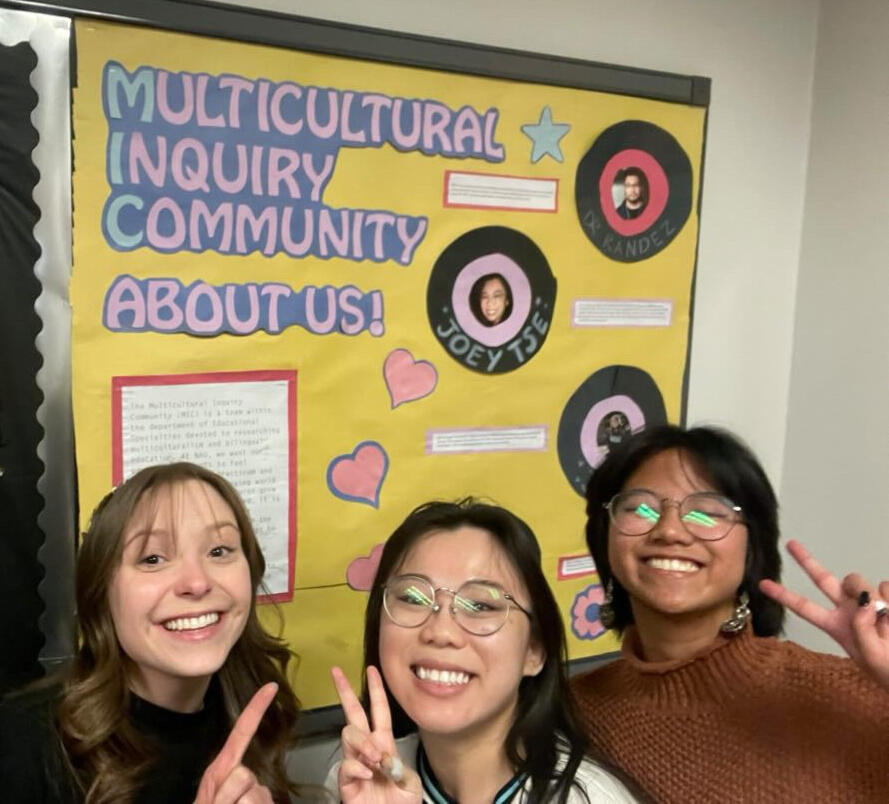
The Team (from left to right): Jenna Talentino, Joey Tse, Nathan Macaraig
Most higher education teacher preparation programs (TPP) incorporate culturally sensitive, relevant, or sustaining pedagogy into their training. However, how is culture addressed in the development of teacher identity? This project seeks to understand how NAU's TPPs facilitate teacher identity development to incorporate the candidate's cultural background.We are currently collecting data through surveys, focus groups, and individual interviews to create a system map of cultural identity coverage throughout the college.We extend our appreciation to the Dean's office for providing project funding, which was used to compensate team members for their work and to purchase recording equipment.
The Crew
Now, for the real reason you're here: my graduate Tuna Melt (5 years, white) and undergraduate Sushi Marie (4 months, tortie) research and teaching assistants.
